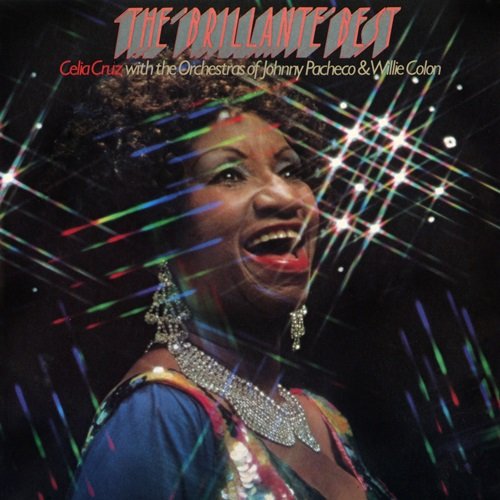Eugene Ugorski, BBC Scottish Symphony Orchestra & Michał Dworzyński - Młynarski & Zarzycki: Violin Concertos (2014) [Hi-Res]
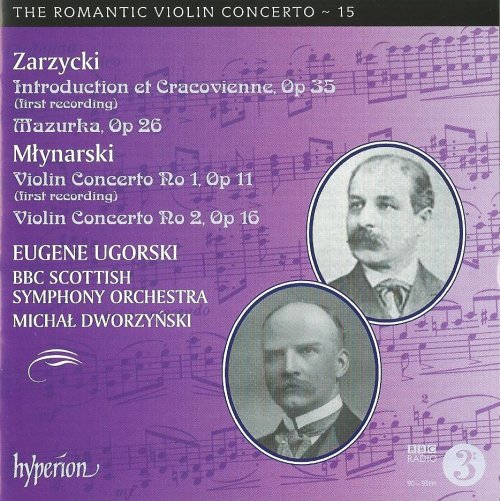
Artist: Eugene Ugorski, BBC Scottish Symphony Orchestra, Michał Dworzyński
Title: Młynarski & Zarzycki: Violin Concertos
Year Of Release: 2014
Label: Hyperion / CDA67990
Genre: Classical
Quality: FLAC (tracks+.cue, log) / 24bit-96kHz FLAC (tracks+booklet)
Total Time: 64:46
Total Size: 292 MB / 1.15 GB
WebSite: Album Preview
Tracklist:Title: Młynarski & Zarzycki: Violin Concertos
Year Of Release: 2014
Label: Hyperion / CDA67990
Genre: Classical
Quality: FLAC (tracks+.cue, log) / 24bit-96kHz FLAC (tracks+booklet)
Total Time: 64:46
Total Size: 292 MB / 1.15 GB
WebSite: Album Preview
01. Mlynarski - Violin Concerto No. 1 in D minor, Op. 11 - I. Allegro moderato (10:15)
02. Mlynarski - Violin Concerto No. 1 in D minor, Op. 11 - II. Adagio (7:11)
03. Mlynarski - Violin Concerto No. 1 in D minor, Op. 11 - III. Allegro (7:19)
04. Mlynarski - Violin Concerto No. 2 in D major, Op. 16 - I. Allegro moderato (10:04)
05. Mlynarski - Violin Concerto No. 2 in D major, Op. 16 - II. Quasi notturno. Andante (8:04)
06. Mlynarski - Violin Concerto No. 2 in D major, Op. 16 - III. Allegro vivace (7:56)
07. Zarzycki - Introduction & Cracovienne for violin & orchestra in D major, Op. 35 - Introduction. Andantino - (4:48)
08. Zarzycki - Introduction & Cracovienne for violin & orchestra in D major, Op. 35 - Cracovienne. Vivace (4:02)
09. Zarzycki - Mazurka for violin & orchestra in G major, Op. 26 (5:12)
In this latest volume of Hyperion’s Romantic Violin Concerto series, we journey to Poland (in the company of a conductor from that country) for two concertos by Młynarski and two works for violin and orchestra by Zarzycki (who will be familiar to Romantic Piano Concerto collectors).
Lithuanian-born Emil Młynarski was the father-in-law of Artur Rubinstein and was appointed director of the Warsaw Philharmonic in 1900. He had a busy international conducting career which included the LSO in London, the Scottish Orchestra and the Philadelphia Grand Opera company. His Violin Concerto No 1 in D minor, Op 11, dedicated to Leopold Auer, was written in 1897 and won a prize in the Paderewski Composition Competition. Młynarski takes as his models the virtuoso works of Vieuxtemps and Wieniawski, and the main mood is a fresh, youthful lyricism. Surprisingly, after its initial success, this Concerto was not played again until Piotr Plawner took it up in 2011. His Violin Concerto No 2 was premiered by the Warsaw Philharmonic in April 1920, with Paweł Kochański as soloist and Młynarski conducting. The concerto has remained in the repertoire of Polish violinists.
Like most Polish composers, including Chopin and Młynarski, Zarzycki also wrote pieces in the form of the krakowiak, a fastish 2/4 dance from the Krakow region. It became popular in Vienna as the Krakauer, and in Paris as the Cracovienne. The Introduction et Cracovienne in D major, Op 35, was well liked by violinists in Zarzycki’s own time but amazingly was not recorded until the CD era. The Mazurka on the other hand is the composer’s best-known work and was recorded by Oistrakh, amongst others.
Lithuanian-born Emil Młynarski was the father-in-law of Artur Rubinstein and was appointed director of the Warsaw Philharmonic in 1900. He had a busy international conducting career which included the LSO in London, the Scottish Orchestra and the Philadelphia Grand Opera company. His Violin Concerto No 1 in D minor, Op 11, dedicated to Leopold Auer, was written in 1897 and won a prize in the Paderewski Composition Competition. Młynarski takes as his models the virtuoso works of Vieuxtemps and Wieniawski, and the main mood is a fresh, youthful lyricism. Surprisingly, after its initial success, this Concerto was not played again until Piotr Plawner took it up in 2011. His Violin Concerto No 2 was premiered by the Warsaw Philharmonic in April 1920, with Paweł Kochański as soloist and Młynarski conducting. The concerto has remained in the repertoire of Polish violinists.
Like most Polish composers, including Chopin and Młynarski, Zarzycki also wrote pieces in the form of the krakowiak, a fastish 2/4 dance from the Krakow region. It became popular in Vienna as the Krakauer, and in Paris as the Cracovienne. The Introduction et Cracovienne in D major, Op 35, was well liked by violinists in Zarzycki’s own time but amazingly was not recorded until the CD era. The Mazurka on the other hand is the composer’s best-known work and was recorded by Oistrakh, amongst others.

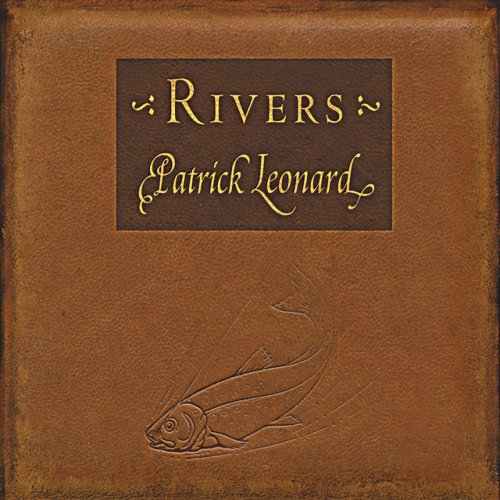
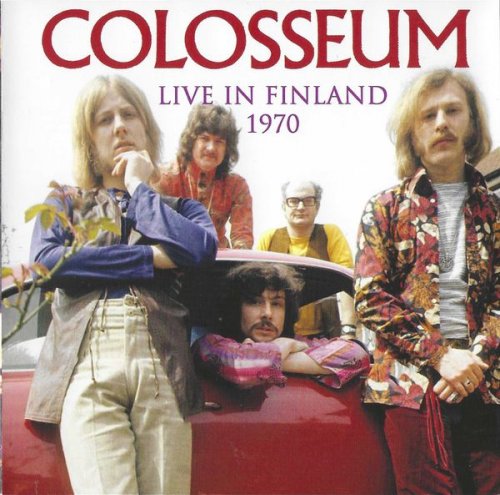

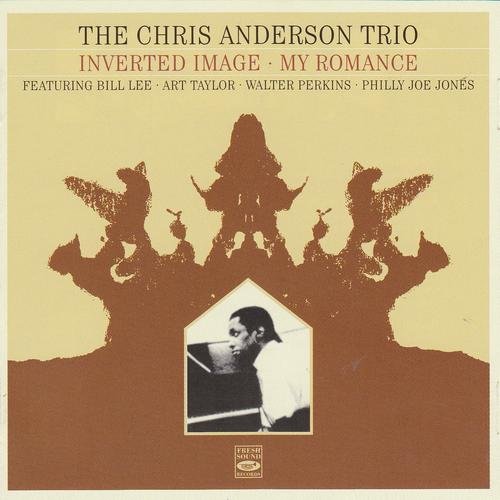
![Silent Sail - Echoes of Dusk (2026) [Hi-Res] Silent Sail - Echoes of Dusk (2026) [Hi-Res]](https://www.dibpic.com/uploads/posts/2026-01/1767873642_cover.jpg)
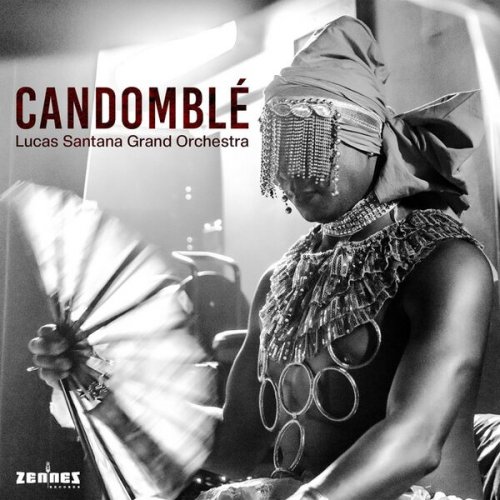
![Kris Davis - The Solastalgia Suite (2026) [Hi-Res] Kris Davis - The Solastalgia Suite (2026) [Hi-Res]](https://www.dibpic.com/uploads/posts/2026-01/1767813120_cn2fxh9eb5ntc_600.jpg)
